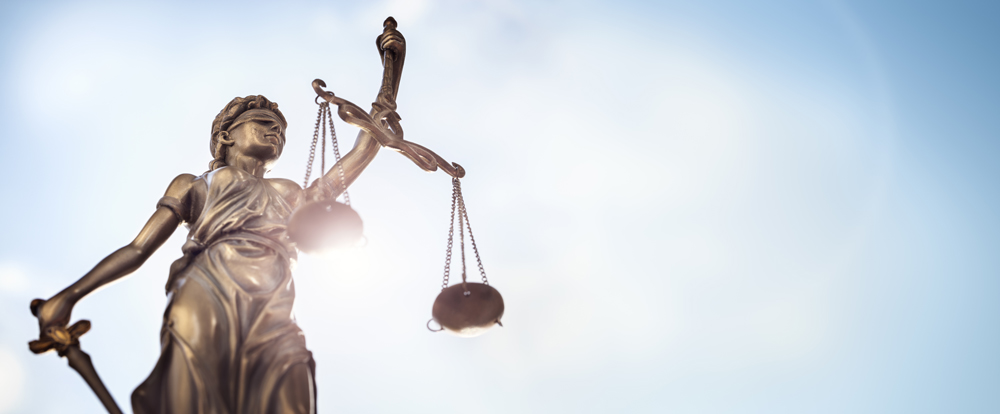Abstract
Traditional accounts of legal ethics put lawyers in a difficult position. They require lawyers to take on surprisingly high risks of wrongdoing when they navigate the narrow passage between differing demands of legal ethics. And this occurs even if we accept the standard conception of legal ethics on its own terms while disregarding possible clashes with external norms. According to the standard conception of lawyers’ ethical responsibilities, lawyers should “zealously” advocate for their clients—further their clients’ interests right up to the limits of the law. Under this view, a lawyer might violate ethical obligations to their client if they decline to take effective, legally permissible steps out of moral squeamishness or because they’re inclined to be generous with adversaries. But these same traditional views take lawyers to be ethically obligated to not violate the law. On the standard conception, lawyers must approach that line for their clients, but not cross it. And both a lawyer’s duties to the client and their duties to obey the law are treated as moral obligations. According to standard accounts of professional ethics, when a lawyer falls short of these duties, it is a moral failing. Navigating these two requirements—finding the line but not crossing it—seems to require a very high level of clarity about both the law and the legally relevant facts. And that clarity may be difficult to achieve in ordinary legal practice. Real life involves uncertainty about the law and legally relevant facts, often with too little time to resolve it. But the structure of lawyers’ obligations means that when they face uncertainty, they may not be able to use one approach that’s common in day-to-day life: avoid a questionable activity just in case it’s morally wrong and opt for an alternative that’s clearly morally permissible. For a lawyer, there may not be an alternative that is clearly morally permissible. Instead, this avoidance strategy would often mean a lawyer either errs in the direction of violating an obligation to a client or errs in the direction of violating obligations to the law. If standard accounts of lawyers’ ethical obligations are correct, then we are asking lawyers to assume an unusually high risk of moral wrongdoing. And it may be unfair to lawyers to expect them to take this on. In other areas, our legal system provides standards for what it takes to move from one way of handling an ambiguous circumstance to another—“proof beyond a reasonable doubt” or a “preponderance of the evidence,” for example. These are messy and imperfect. But lawyers are left with even less guidance—the equivalent of telling a jury to “be sure to get it right” and saying very little about what to do when it’s unclear what “right” involves.
Keywords
Legal ethics
